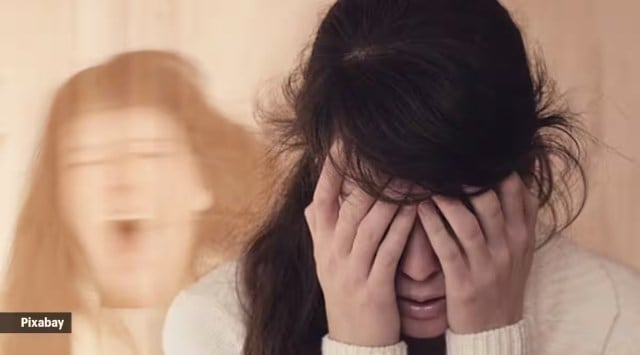Modern antidepressants may reduce risk of relapse for patients with bipolar disorder: Study
While Canadian guidelines currently recommend a duration of eight weeks after remission of depression, the Indian Psychiatric Society makes no explicit duration recommendation.
 Bipolar disorder is characterised by extreme changes in one's emotional state that cycles through periods of intense highs (mania or hypomania) and lows (depression). (Source: Getty Images/ Thinkstock)
Bipolar disorder is characterised by extreme changes in one's emotional state that cycles through periods of intense highs (mania or hypomania) and lows (depression). (Source: Getty Images/ Thinkstock) An international study has given a new insight into treatment for patients with bipolar disorder, suggesting that modern antidepressants may actually help them from relapsing into an episode.
The study was led by Professor Lakshmi Yatham of the University of British Columbia (UBC) and Professor Janardhan Reddy of the National Institute of Mental Health and Neurosciences (NIMHANS), Bengaluru.
According to a statement by NIMHANS, the findings, published in the New England Journal of Medicine on August 3, challenge the current clinical practice guidelines and could change how bipolar depression is managed globally.
“Antidepressants are effective in treating depression and in preventing relapse of depression in recurrent depressive disorder, often called unipolar depression. However, depression also occurs in the context of another serious mental illness called bipolar disorder or what used to be called earlier manic-depressive disorder. In bipolar disorder, there are two phases, depression and mania. Patients can sometimes develop mania and other times depression in a cyclical fashion,” Reddy, the head of the department of psychiatry at NIMHANS, said.
He added, “While there are effective medications to treat and prevent acute mania, treatment and prevention of bipolar type of depression have been challenging despite the advent of many medications recently. Bipolar depression can be severe and often associated with high suicide risk. Previous studies have shown that suicide attempts and suicide deaths are at least 18 times more common during depressive episodes compared to during manic episodes. There is a concern that antidepressants that are used to treat unipolar depression and other forms of depression may not only be ineffective in treating depression of the bipolar type but may even worsen the course of illness by precipitating mania. Nonetheless, globally and in India, bipolar depression is often treated with adjunctive antidepressants (antimanic medications + antidepressants) but the duration of this therapy is hotly debated due to a lack of evidence and concerns that antidepressants may induce mania.”
He said that results from the world’s first randomised clinical trial conducted at sites in Canada, India, and Korea involving 178 patients with bipolar disorder demonstrate that that extending adjunctive antidepressants up to 52 weeks may be beneficial in preventing relapse into depression compared to the discontinuation after eight weeks of remission.
“Stabilizing patients and preventing relapses, particularly depressive relapses is critical and our study has demonstrated that modern antidepressants may have a potential role in doing so,” said Reddy.
The study was supported by the Canadian Institutes of Health Research.
- 01
- 02
- 03
- 04
- 05



























